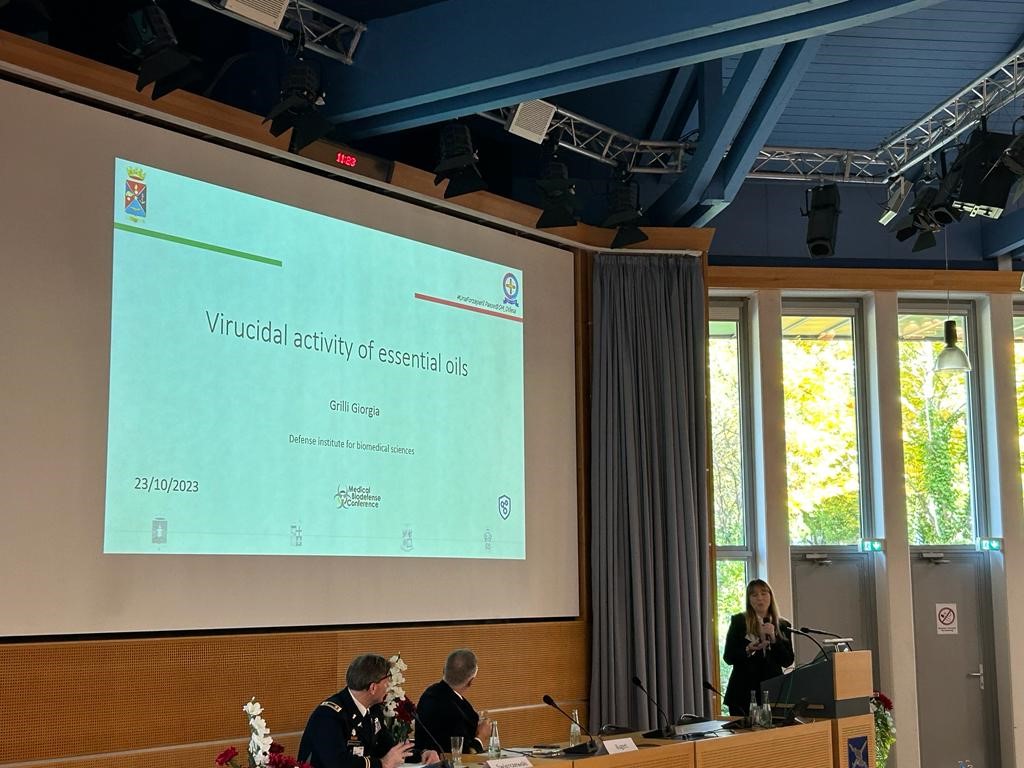
December 15, 2023
RELIANCE Project presented at the Medical Biodefense Conference 2023
The Medical Biodefense Conference (MBDC), held on October 22 – 25, 2023, in Munich, Germany, is the world's largest specialist conference in the field of medical biodefence, bringing together experts from science, politics and the security and health sector from all over the world. It provides a platform to discuss strategies and research on measures against biological threats, that can be applied in natural disease outbreaks as well as in bioterrorist attacks.
Despite the current international crises and armed conflicts, the organisers managed to put together a full and scientifically valuable programme with over 70 talks and more than 130 poster presentations, with around 450 attendees.
Over two and a half days, participants presented and discussed a wide range of biosecurity-related topics: from decontamination of ships, application of innovative bioinformatics developments and new findings in biotoxin research to clinical cases and the potential use of bacteriophages in diagnostics and therapy. (Source https://go4bsb.de/node/284)
What were the main topics the conference covered?
• Antibiotics, Antivirals and Medical Countermeasures
• Bacteriophages for Diagnostics and Therapeutics
• Big Data for Surveillance and Outbreaks
• Bioforensics
• Biological Toxins
• Biosafety & Biosecurity
• Emerging Pathogens
• Molecular Epidemiology
• German Biosecurity Program
• Outbreak Management
• Mobile Bio-Reconnaissance and Tools for Rapid Responses
• Preparedness & Response Policies
• Vector borne and Zoonotic Diseases
How was RELIANCE represented?
✓ An oral presentation focused on the preliminary results achieved in the study of the antiviral activity of essential oils, highlighting that i) Carvacrol and Eugenol exhibit a strong virucidal activity against respiratory viruses (Influenza virus and SARS-CoV-2) and the alphavirus Chikungunya Virus; ii) Menthol and Thymol show a minor virucidal activity against the viruses studied; iii) The essential oils studied don’t exert any virucidal activity against MS2 bacteriophage.
✓ A poster demonstrated the investigation of the molecular mechanisms of E. coli in response to different concentrations of carvacrol (Ca) by studying differentially expressed genes with RNA-seq analysis, highlighting that the findings suggest that carvacrol may affect biological pathways associated with the inhibition of biofilm formation.
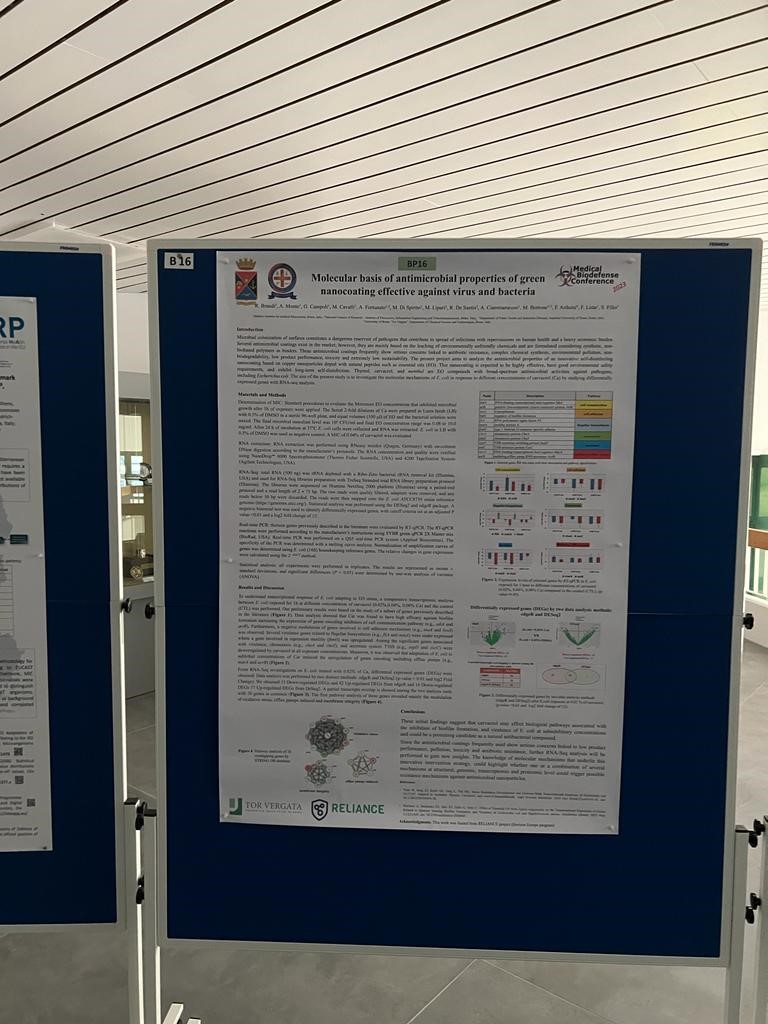
Follow the link if interested in downloading the poster.
More about the conference: https://conference.instmikrobiobw.de/

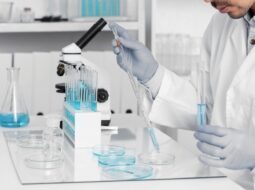
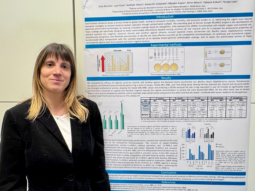
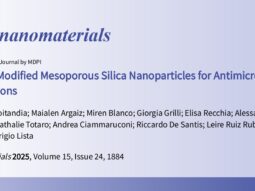

Views and opinions expressed are however those of the author(s) only and do not necessarily reflect those of the European Union or the European Health and Digital Executive Agency (HADEA). Neither the European Union nor the granting authority can be held responsible for them.
© All Rights Reserved 2025 | Reliance-HE
Designed and Developed by Europroject

